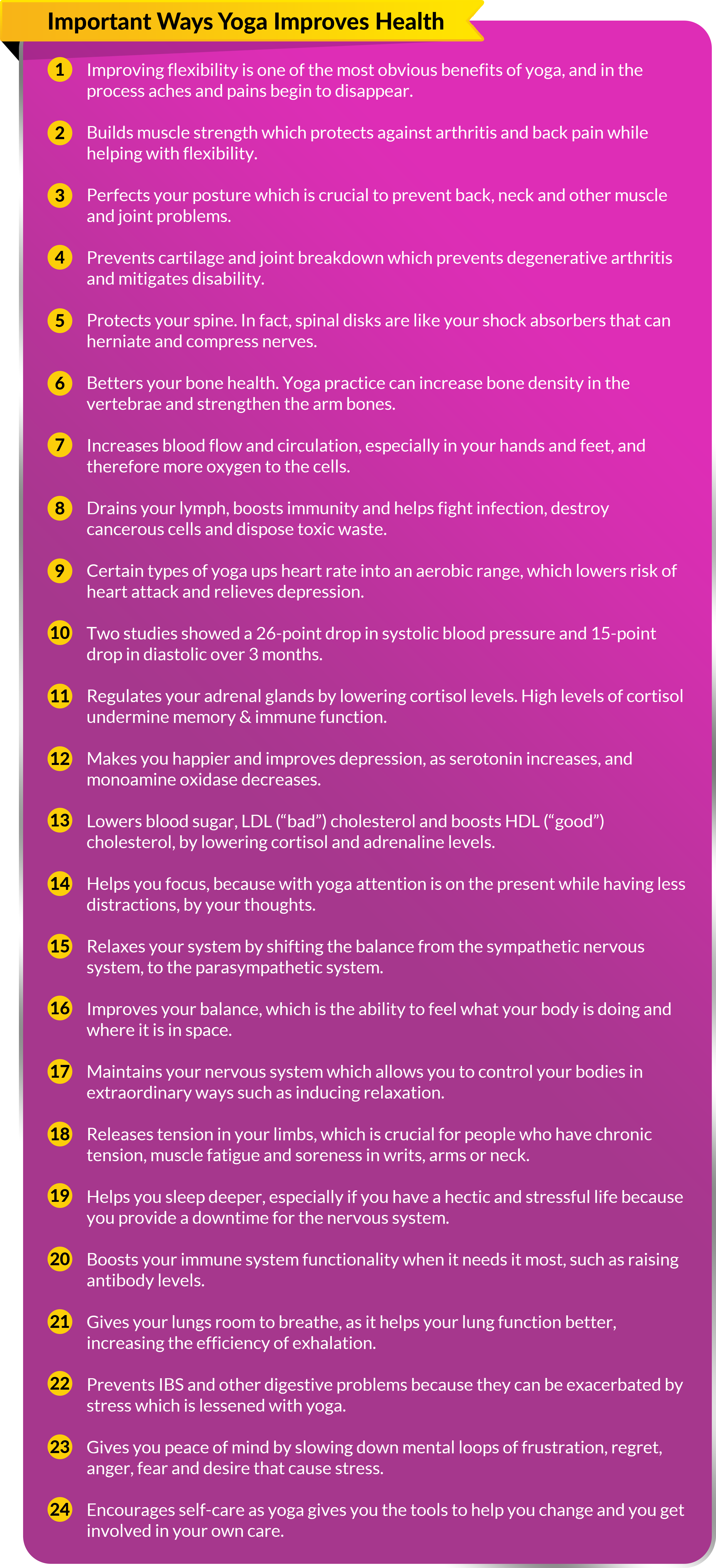Mindfulness & Yoga
MINDFULNESS
“Mindfulness is knowing what you are experiencing while you are experiencing it. It is moment-to-moment awareness, has the quality of being in the now, a sense of freedom, of perspective, of being connected, not judging”.
Mindfulness is neither trying to relax nor emptying the mind of its thoughts. Rather, as we practice mindfulness, we learn to be a silent observer of our thoughts or emotions without the need to get involved with them, hence experiencing the moment. This helps us react less and make intimate contact with each moment of our lives however trivial or mundane it might be. When we stay present and aware as we do our day to day activities, it becomes an informal meditation practice and can substantially help reduce the stress we accumulate throughout the day.
What are the benefits of mindfulness?
Research has shown it can help regulate our emotions, reduce stress, lower judgmental attitudes, improve memory and focus and even reshape our brain structures.
Emotions are triggered in the brain by thoughts, which are often unconscious.
When we are confronted by a potential threat, this can trigger fear, anger or other emotions. When we are overcome with emotions, our capacity for rational brain thinking is reduced and we are likely to overreact and resort to bad/inhibiting behavior. Mindfulness practitioners develop the ability to recognize when thought patterns arise and observe them in a detached manner without the need to become involved with them.
Mindfulness brings insight and wisdom and the best way to improve mindfulness is through meditation.
Researchers have found that meditation increases the gray matter – the part of the brain that holds the actual brain cells, in brain regions that handle attention, compassion and empathy. It also helps a variety of medical conditions, strengthens the immune system and improves physiological functioning. Psychologists studying the effects of mindfulness meditation found that the participants showed significant improvement in their critical cognitive skills after only four days of 20 minutes training each day.
Reshape your brain with mindfulness
Furthermore, a group of Harvard neuroscientists interested in mindfulness meditation have reported that brain structures change after only eight weeks of meditation practice.
The neuroscientists did a study with 16 people in an eight-week mindfulness-based meditation course to test their idea.
After completing the mindfulness course, all participants reported significant improvement in measures of mindfulness. What was startling being the MRI scans showing that the mindfulness groups increased gray matter concentration within the brain regions involved in learning and memory, emotion regulation, sense of self and perspective.
“It is fascinating to see the brain’s plasticity and that by practicing meditation we can play an active role in changing the brain and can increase our well-being and quality of life.”
YOGA






